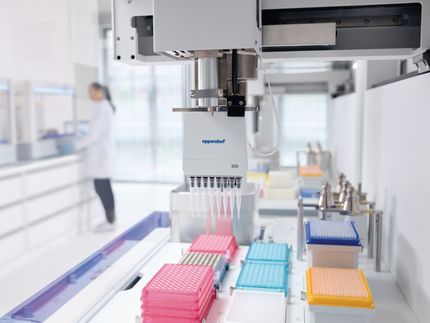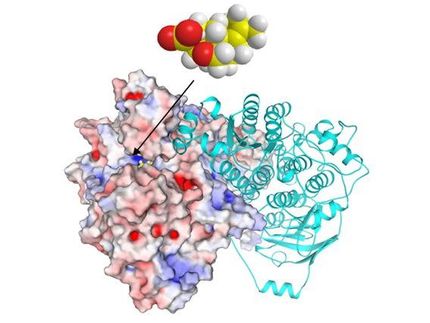Syngenta and Diversa form extensive research and product development alliance
Syngenta and Diversa today announced they have formed a broad collaboration to establish a shared biotechnology research platform and to discover products. Diversa is to acquire certain technology rights from Syngenta for pharmaceutical applications, in exchange for equity. The transaction will strengthen the research capabilities of both companies.
Research and product development alliance
* Syngenta and Diversa will combine their research activities in genomics and related technologies for new plant science applications, as well as for selected antibody generation and other biopharma product development.
* Syngenta will enter into a renewable research contract with Diversa for an initial commitment of $118 million over seven years to be invested in products in Syngenta's chosen fields; Diversa will receive milestone payments and royalties on products developed.
Technology transaction
* Diversa will acquire an exclusive, royalty-free perpetual license from Syngenta for gene technology and intellectual property, including proteomics, metabolomics, RNA dynamics, fungal technologies, and bioinformatics, for use in the pharmaceutical field, as well as related assets.
* In exchange, Diversa will issue to Syngenta stock and warrants representing 14% and 3% respectively of Diversa's outstanding stock pro forma for the equity issuances, increasing Syngenta's ownership to over 18%. The warrants issued to Syngenta are exercisable for ten years starting in 2008 at an exercise price of $22.
Syngenta will relocate its plant genomics programs, including its pioneering work with the rice genome, from the Torrey Mesa Research Institute (TMRI) in La Jolla, California to Syngenta Biotechnology Inc. (SBI) in Research Triangle Park, North Carolina. It is expected that the majority of employees will be relocated to Diversa or SBI.
Topics
Organizations
Other news from the department science

Get the chemical industry in your inbox
By submitting this form you agree that LUMITOS AG will send you the newsletter(s) selected above by email. Your data will not be passed on to third parties. Your data will be stored and processed in accordance with our data protection regulations. LUMITOS may contact you by email for the purpose of advertising or market and opinion surveys. You can revoke your consent at any time without giving reasons to LUMITOS AG, Ernst-Augustin-Str. 2, 12489 Berlin, Germany or by e-mail at revoke@lumitos.com with effect for the future. In addition, each email contains a link to unsubscribe from the corresponding newsletter.
Most read news
More news from our other portals
Last viewed contents
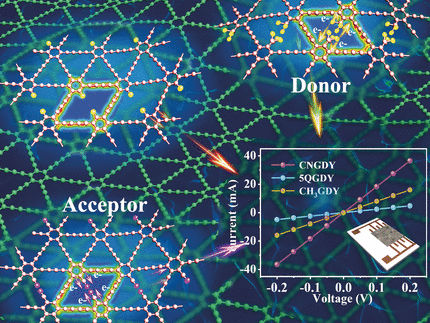
Two-Dimensional Carbon Networks - Graphdiyne as a Functional Lithium-Ion Storage Material
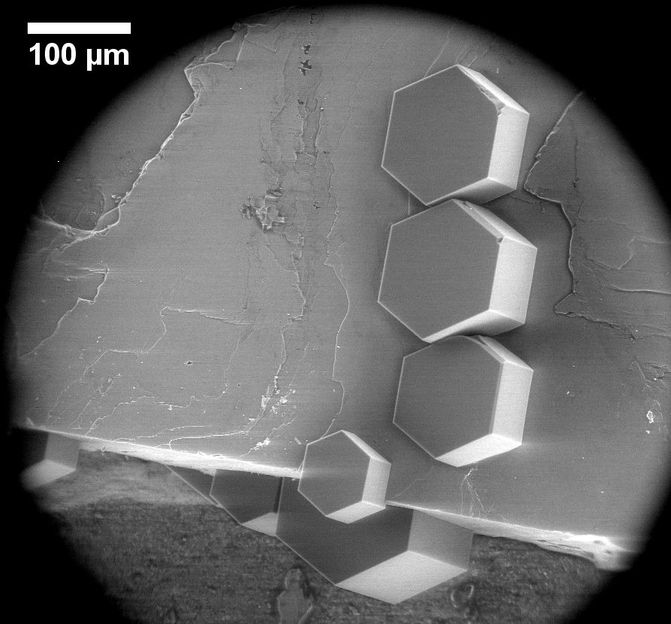
Cloud Formation: How Feldspar Acts as Ice Nucleus
GlaxoSmithKline
Category:Calcium_channel_blockers
Amsterdam_Diamond
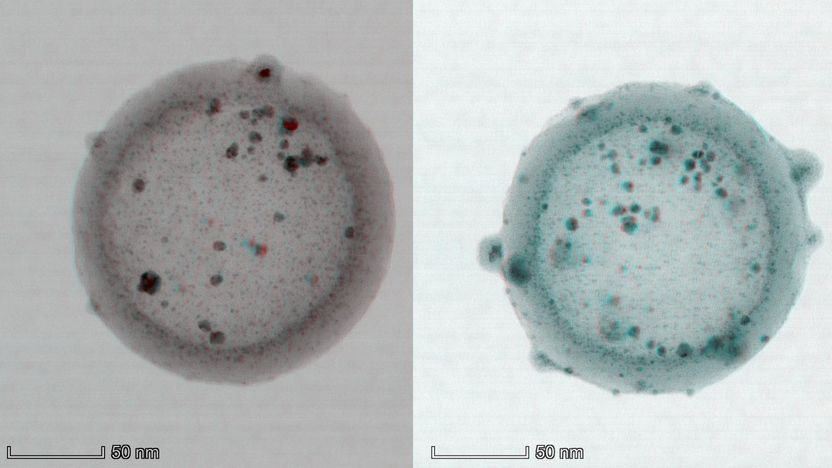
Quick and reliable 3-D imaging of curvilinear nanostructures

